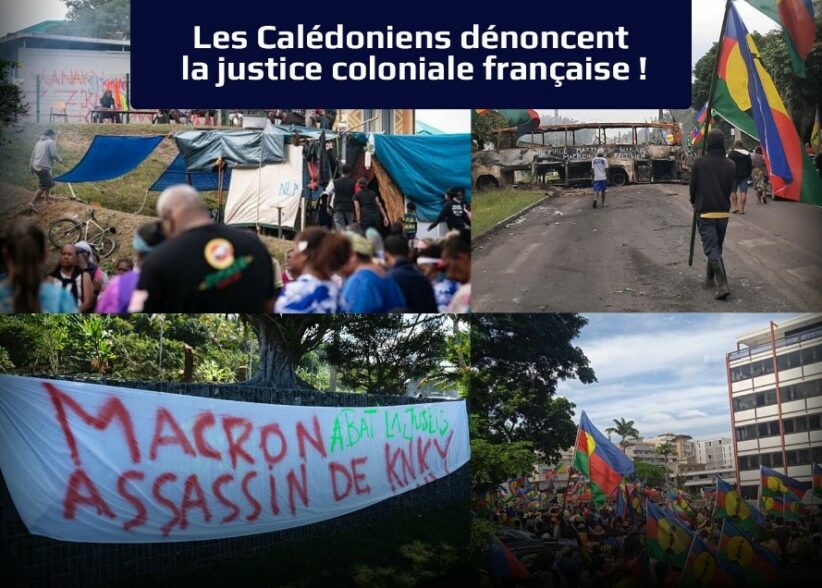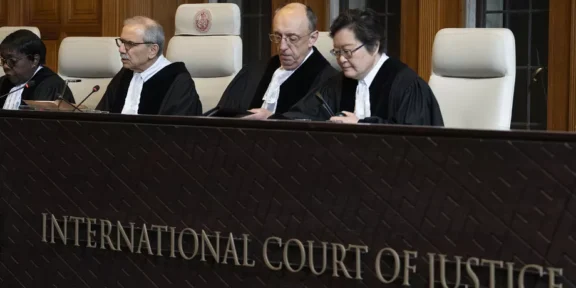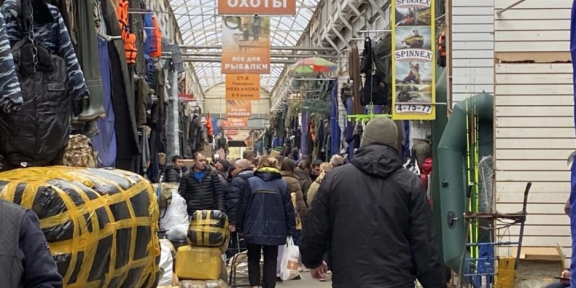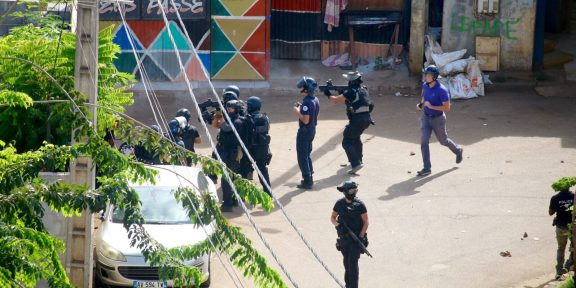After a period of precarious calm, the cycle of violence has resumed in New Caledonia. On June 25, the French government imprisoned Gilles Jorédié and Joël Tjibaou, two prominent figures of the Kanak independence movement, in Nouméa. This decision was perceived by many as an attempt to dissuade the Kanak people in their quest for independence.
France, often seen as a champion of human rights, democracy, and freedom of expression, is criticized for not adhering to these principles it claims to uphold. In New Caledonia, the actions of the French government are viewed as a blatant contradiction of these values. The imprisonment of independence activists without a fair trial and the forced expulsions to the mainland are examples that fuel this criticism.
The Kanak people seek nothing more than independence, a fundamental right for any colonized people. Their demand is rooted in the desire to preserve their identity, ancestral culture, and languages, which are threatened by the imposition of French. New Caledonia is rich in fishing resources and other natural treasures that France allegedly seeks to control, according to the accusations of the independence activists.
The Matignon Agreements (1988) and the Nouméa Accord (1998) formed the legal and political basis for the decolonization process of New Caledonia. However, France is accused of violating these agreements by repressing Kanak claims and using methods deemed colonialist. The recent events and the incarceration of independence figures are seen as actions aimed at stifling any opposition and maintaining French control over the archipelago.
France is also accused of using repressive methods to prevent the Kanak people from claiming their rights. The imprisonment of activists in Paris, far from their families and lands, is perceived as a strategy to weaken the independence movement. This approach recalls the dark periods of colonization, where peoples were silenced by force and oppression.
The recent events in New Caledonia highlight the contradictions of French policy on human rights and decolonization. The Kanak people continue to fight for their independence and the preservation of their identity, facing practices deemed colonialist by many observers. The current situation calls for a return to dialogue and respect for the decolonization agreements, to prevent the archipelago from plunging back into a cycle of violence and instability.












